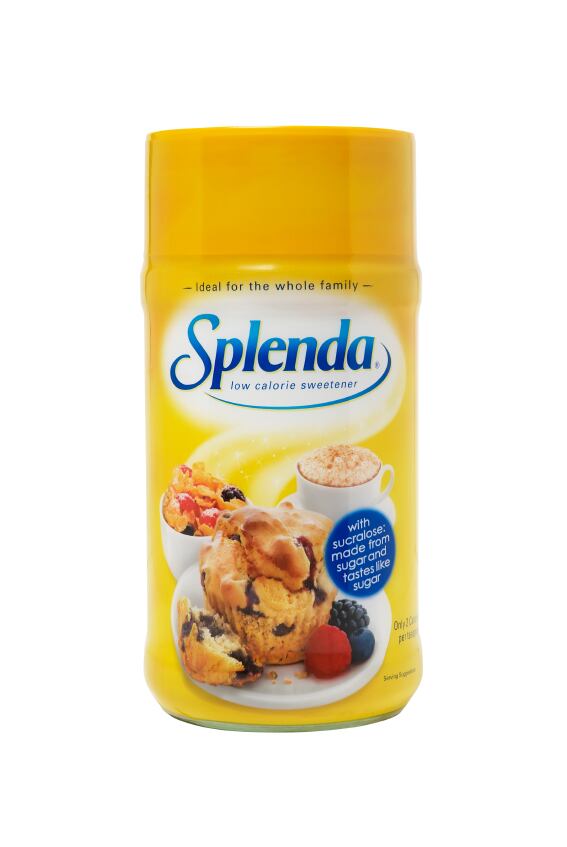The request was made by the European Commission on 22 February 2016. It also requested that EFSA carries out an assessment of the study in question and to provide a statement of validity of its conclusions.
The study, led by Italian researcher Morando Soffritti of the Ramazzini Institute, found that artificial sweetener sucralose induces a dose-related incidence of leukemia in male mice. Its results were rubbished by many in the food industry but led to US-based food watchdog, Center for Science in the Public Interest (CSPI), urging the public to avoid it.

The request for an opinion, signed by Bernard van Goethem director-general of the Directorate General for Health and Food Safety (DG Sanco), says: “Given the relevance of the issue at stake, we would be grateful if EFSA could provide a scientific opinion before the end of July 2016.”
Details of the request have come just one week after the CEO of Splenda brand owner Heartland Food Products Group, Ted Gelov, published an open letter slamming the study.
According to Gelov, the Ramazzini Institute has a history of conducting studies that are not reliable safety assessments, and that its results go against the “overwhelming body of scientific research proving the safety of sucralose.”
He also draws on the fact that sucralose has been given the green light by food safety authorities EFSA, the US’s Food and Drug Administration (FDA) and the World Health Organisation (WHO), and blasts media outlets for sensationalising the study’s results. “Splenda is safe and does not cause cancer, despite what you may have seen in some headlines. The real truth is all of these dramatised headlines are based on one flawed study by an isolated Italian research laboratory, the Ramazzini Institute. This research laboratory and many media outlets are sensationalising the study and misleading you.”
EFSA first conducted a safety assessment of sucralose in 1989 and then in 2000, fixing an acceptable daily intake (ADI) of 15 mg per kilo body weight.
A more recent opinion in December 2015 proposed extending the sweetener’s use in foods for special medical purposes for children.
Sucralose, listed as E 955 in Europe, is around 600 times sweeter than sugar that is used in over 4,500 food, beverage and pharmaceutical products around the world.
In 2011, sucralose accounted for 27.9% of the global sweetener market worth €1.015 billion ($1.146 bn), according to Leatherhead Food Research.
Source: International Journal of Occupational and Environmental Health
DOI:10.1080/10773525.2015.1106075
“Sucralose administered in feed, beginning prenatally through lifespan, induces hematopoietic neoplasias in male swiss mice”
Authors: Soffritti M., Padovani M., Tibaldi E., Falcioni L., Manservisi F., Lauriola M., Bua L., Manservigi M. & Belpoggi F.
